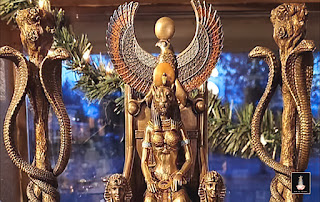
Another text that I published in the Portuguese
magazine "Boa Estrela" (Great Star), which has a monthly circulation
of 14,500 copies. This text was published in September 2022.
Various biblical passages that allude to
reincarnation, Vedic passages, the Zohar, the concept...




















